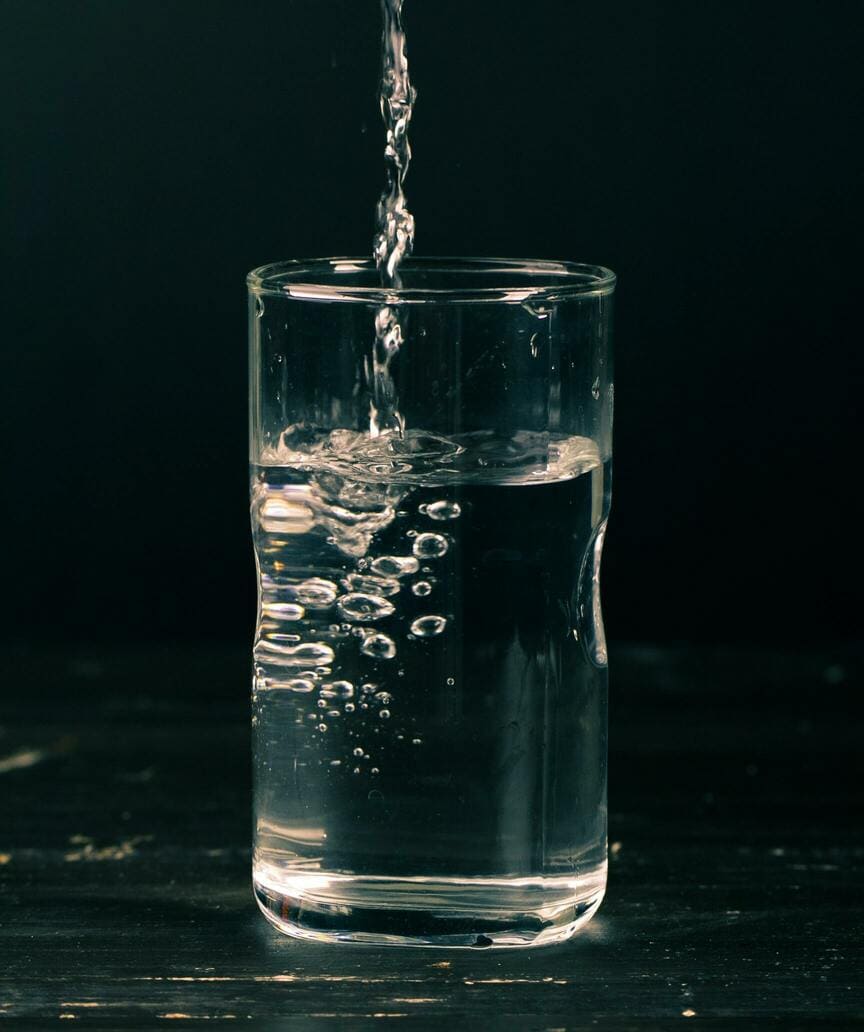I am sure you drink water while working out. But… when, how much and why drinking water during workout? In this post we will show you when to drink water to improve your physical capabilities. Learn the importance of a proper hydration!
Hydration and its importance
Water is essential for life, it is the main component of our organism and it influences various functions and organic reactions, contributing to maintaining the vital balance. The body needs water to survive and function properly. No other nutrient is as essential or necessary in such high amounts. Water constitutes between 50-80% of body weight according to variables such as age or sex.
The water content varies greatly between the various tissues, being maximum in the cells of the muscles and viscera and minimum in the adipose tissue and calcified tissues.
Women have, on average, a smaller amount of water than men, because their proportion of adipose tissue is usually higher (the higher the content in adipose tissue, the lower the percentage of water in the body).
Water is an element that our body cannot synthesize, which must be provided daily in sufficient quantities to compensate for the losses suffered and thus maintain an adequate water balance. The water balance reflects the intake and loss of water. The intake is mainly through the consumption of drinking water and beverages (70-80%) plus the water contained in food (20-30%). The loss of water is mainly due to the excretion processes through urine, feces, exhaled air and sweat (variable according to lifestyles and environmental conditions).
Maintaining this balance in zero values is essential for a healthy life. A negative balance will cause dehydration, while a positive balance will lead to fluid overload. These two situations carry an associated morbidity and mortality.

Water, among other functions, acts as a transporter of nutrients to cells and a vehicle for waste products. It also participates in homeostasis, maintaining blood volume and electrolyte concentration; participates in the cleaning and purification of the kidneys and other organs; lubricates and acts as a structural support to tissues and joints; maintains the structure of the cells; favours the regulation of body temperature using the mechanism of sweating for such n, etc. and it is fundamental for the correct physical and cognitive performance.
Hydration is basic in all types of people, but it is more important, if possible, if you are going to perform some type of physical activity, whatever it is. If the person is going to walk, go to the mountain, play football, etc., he must remember to hydrate properly.
A dehydration of only 1% of body weight (750 ml in an average person of 75 kg) is an alteration in the regulation of body temperature, and therefore a decrease in physical performance.
From losses greater than 2% of body weight (1.5 l in an average person of 75 kg), not only a decrease in performance occurs, but also affects intellectual capacity, digestive processes, etc. may, from a loss greater than 5% have serious consequences.
General recommendations for people who perform physical activity:
Before starting the physical activity:
It is important to get hydrated correctly, although it is also not advisable to drink a lot of fluids just before the activity. The proper thing would be to have ingested the adequate amount of liquids during the previous 24 hours.
During the exercise:
You should have (whenever possible) access to liquids to be able to ingest between 150-300 ml (approximately 1-1.5 glasses) every 20 minutes. Adequate hydration during exercise is especially important in situations of intense heat or humidity, and provided that the exercise will be of high intensity or long duration.
After a physical activity:
If there have been water losses due to the type of activity or weather conditions, 150% of the weight lost must be ingested over the next 2-4 hours. Apart from the replacement of liquids, mainly when the losses are greater than 2%, it is also important to replace the salts that are lost next to the water, mainly sodium, so that the intake of liquids must be accompanied by salty foods or value the intake of isotonic drinks that will help us in this case.
What liquids are recommended to drink:
If the physical activity will be moderate and the duration will not be longer than 1 hour, the first and best option will always be water.
On the other hand, if the weather conditions (temperature or humidity), the intensity or duration of the exercise were to give rise to intense sweating, the intake of beverages that included electrolytes could be assessed, to favour rehydration, or carbohydrates, also favouring performance.